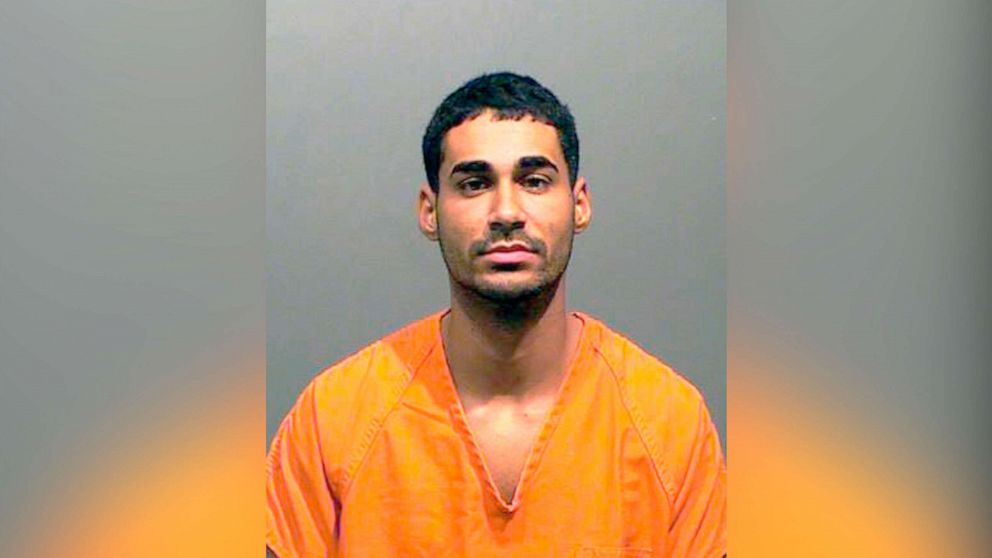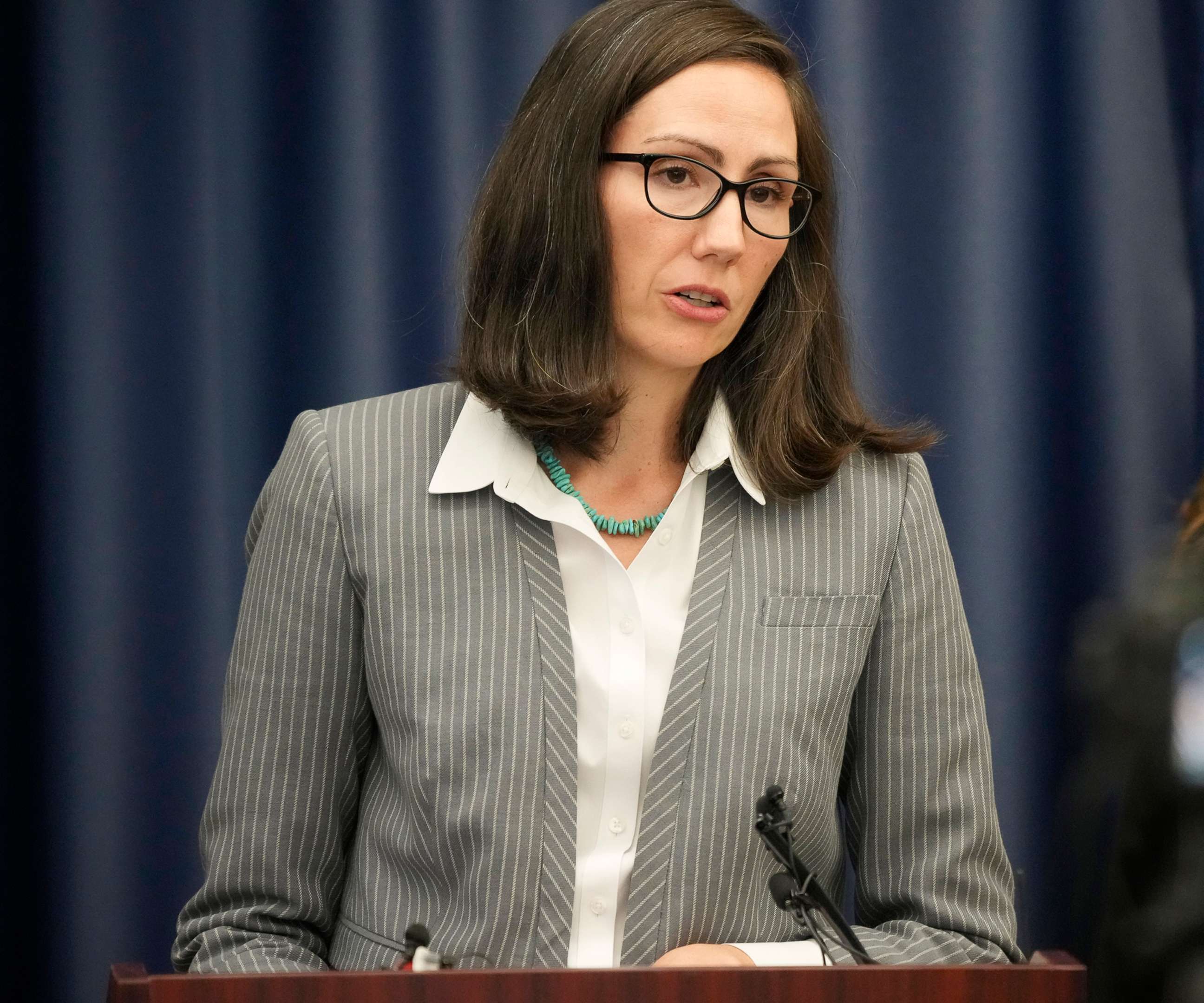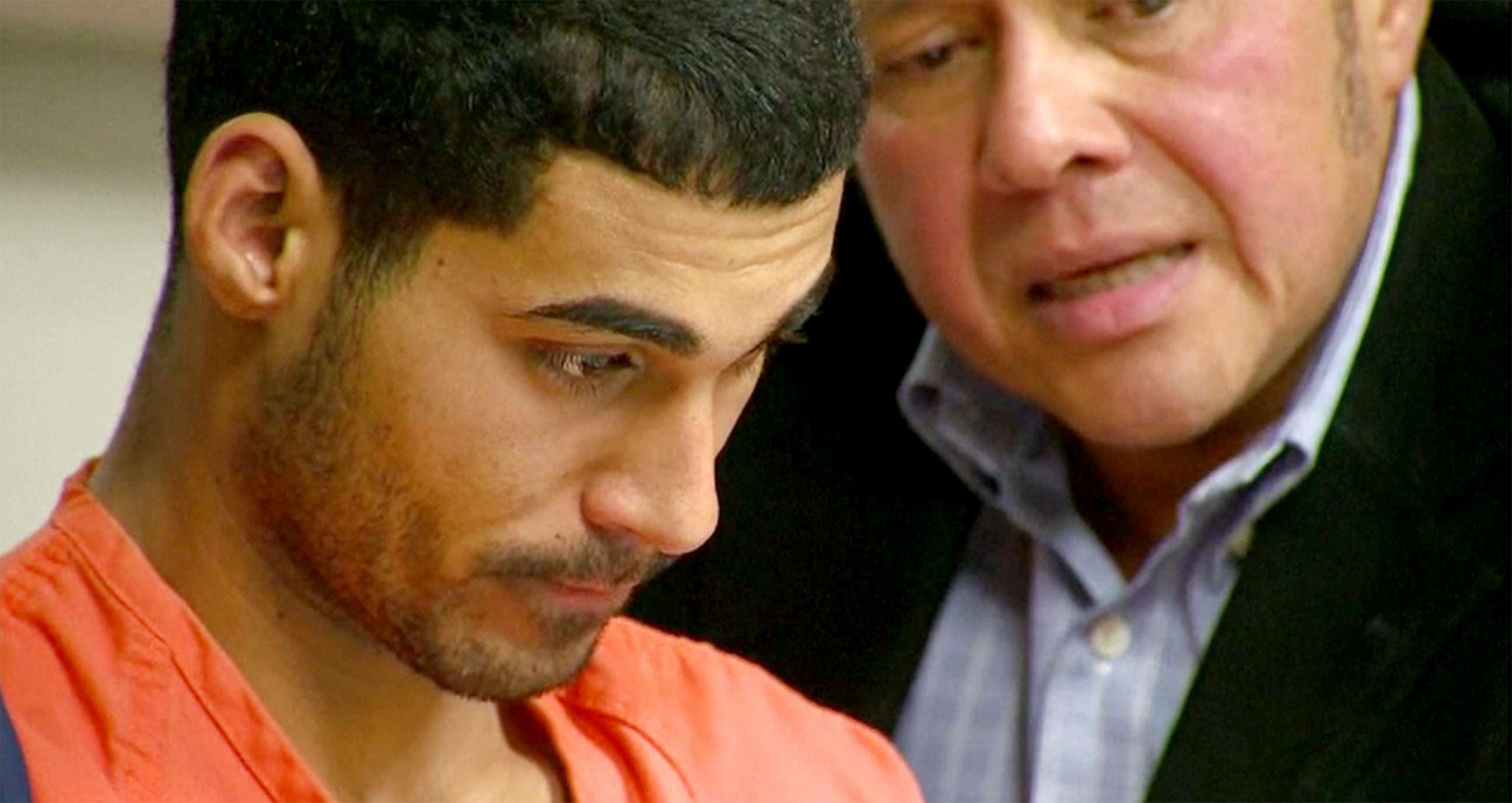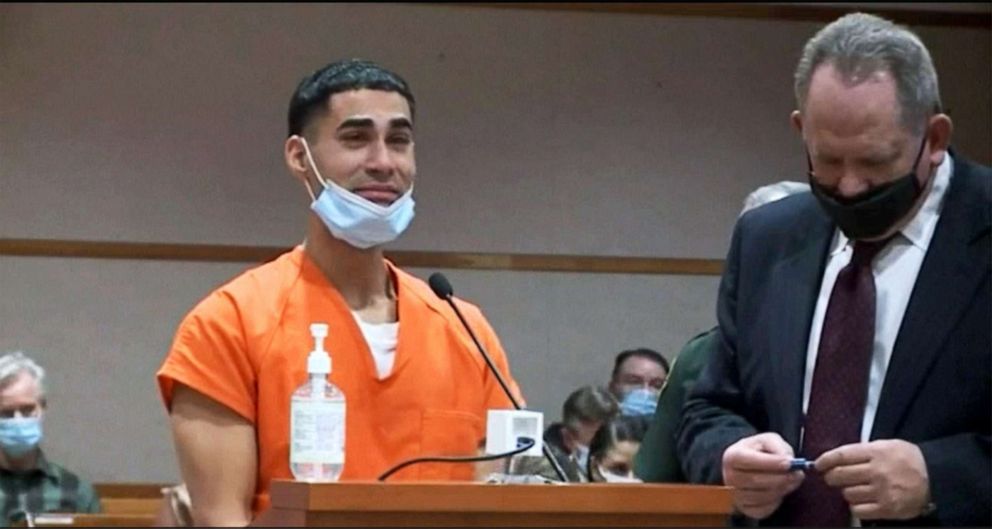Truck driver's mother vows to keep fighting as judge reconsiders her son's controversial 110-year sentence
Oslaida Mederos told "Nightline" that her son never intended to hurt anyone.
As a judge reconsiders the controversial 110-year sentence of Rogel Aguilera-Mederos, his mother said that she wouldn't stop fighting until her son is back home with his family.
"I feel very sad for the people who lost their lives," Oslaida Mederos told "Nightline" on Monday in an exclusive interview. "And my son is suffering from it, as well as I am. We are Christians, we believe in God and we pray for them. He is a good boy."
Mederos was sentenced on Dec. 13 to 110 years in prison for a 2019 fatal crash on I-70, outside Denver, that killed four people and injured several others – a sentence that the judge in the case said he wouldn't have chosen if he had the discretion.

Amid public outcry over the case, Jefferson County District Attorney Alexis King – the prosecutor in this case – filed a motion earlier this month asking the court to reduce Mederos' sentence, suggesting a 20-30 year sentencing range instead.
Judge A. Bruce Jones, who was the judge in this case, responded to the motion in a hearing on Monday and scheduled a hearing to reconsider the sentence for Jan. 13, 2022.
"We want our client home and with his family," family attorney Leonard Martinez told "Nightline" on Monday. "I'm not sure we'll get there with the judge, obviously. And not sure we'll get there with the governor, but we're going to try. We're going to continue to try to get him home as soon as possible."
Mederos was charged with 42 counts and was found guilty by a Jefferson County jury of 27 counts -- the most serious was first-degree assault, a class-three felony.
The number of the charges, mandatory minimum laws and a classification that mandates some sentences to be served consecutively resulted in the lengthy sentence.
'Accident' or 'crime'
At the heart of the case is the debate over whether the crash was an "accident," as the defense has argued, or a "crime" – an argument made by prosecutors during the trial and supported by some of the family members of those who died.
"As the jury found, Mr. Aguilera-Mederos knowingly made multiple active choices that resulted in the death of four people, serious injuries to others, and mass destruction," King said in a statement, adding that the 20-30 year sentencing range "reflects an appropriate outcome for that conduct, which was not an accident."

A group of crash survivors and family members of the victims spoke exclusively with ABC News last week, describing the trauma that the crash caused their families and said that Mederos should still serve time in prison, even if his sentence is reduced.
"I think we all can agree that [110 years] is excessive," Duane Bailey, the brother of William Bailey who died in the crash, told "GMA" but added that the jury "came to the correct decision to convict [Mederos]."
Mederos testified that his brakes failed – a point not contested by prosecutors. In this case, some of the points of contention appear to be decisions Mederos allegedly made before the crash took place and once he found out that he was having brake problems.
Police said Mederos was driving at least 85 mph before the crash on a stretch of the highway with a 45 mph speed limit for commercial vehicles.
After his brakes failed, Mederos drove past a runaway truck ramp and crashed into stopped traffic, police said.

A runaway truck ramp is essentially an escape lane or exit that allows a vehicle experiencing brake problems to stop safely.
Prosecutors argued that after the brakes failed, Mederos intentionally passed the ramp -- one of the reasons that some crash victims and families of those who died argued Mederos should serve time in prison.
"Firstly, he had the choice to pick that ramp. He didn't. Whatever his real reason was, we'll never know. But that was a choice by him," Bailey said.
Attorney James Colgan, who represented Mederos during the trial, told ABC News on Monday that Mederos' defense team "never agreed with prosecutors that he intentionally avoided the ramp" during the trial.
"By the time he realized it was there, he was past it," Colgan said, adding that Mederos was "under a lot of stress" at the time.
Mederos, who police said was not intoxicated during the crash, testified that after his brakes failed, he crashed into vehicles that had stopped on the highway due to backed up traffic as a result of another crash on the highway and another truck parked on the shoulder of the road.
"I know that Rogel's intention when he woke up that morning, was [to strap] his work boots on, get in a truck and work and provide for his family. There was no [malicious] intent on his part when he went to work," Martinez said. "That's why it should be called an accident."
What's next?
As the judge reconsiders the sentence, there are other legal avenues that Mederos' team can pursue.
Mederos' attorneys filed an application for clemency last week, urging Colorado Gov. Jared Polis to commute the sentence.
The League of United Latin American Citizens, one of the largest Latino civil rights groups in the U.S., met with Polis last week to advocate for Mederos.

"It should be about justice, not vengeance," LULAC President Domingo Garcia told "Nightline."
"I sympathize with those family members who lost a loved one; I cannot imagine how difficult the pain must be," he added.
The deadline for Mederos and his legal team to appeal is 49 days following sentencing, which would be Jan. 31, 2022. Mederos also has up to a year from the Dec. 13 sentencing to file a motion under Rule 35b for the judge to reconsider his sentence.
During the sentencing, Mederos expressed remorse for those killed and injured in the crash and said that the accident was unintentional and he is "not a criminal."
"I want to say sorry. Sorry for the loss, for the people injured," he said. "I know they have trauma, I know, I feel that."
ABC News' Sabina Ghebremedhin, Knez Walker, Marjorie Mcafee, Candace Smith and Michelle Mendez contributed to this report.




